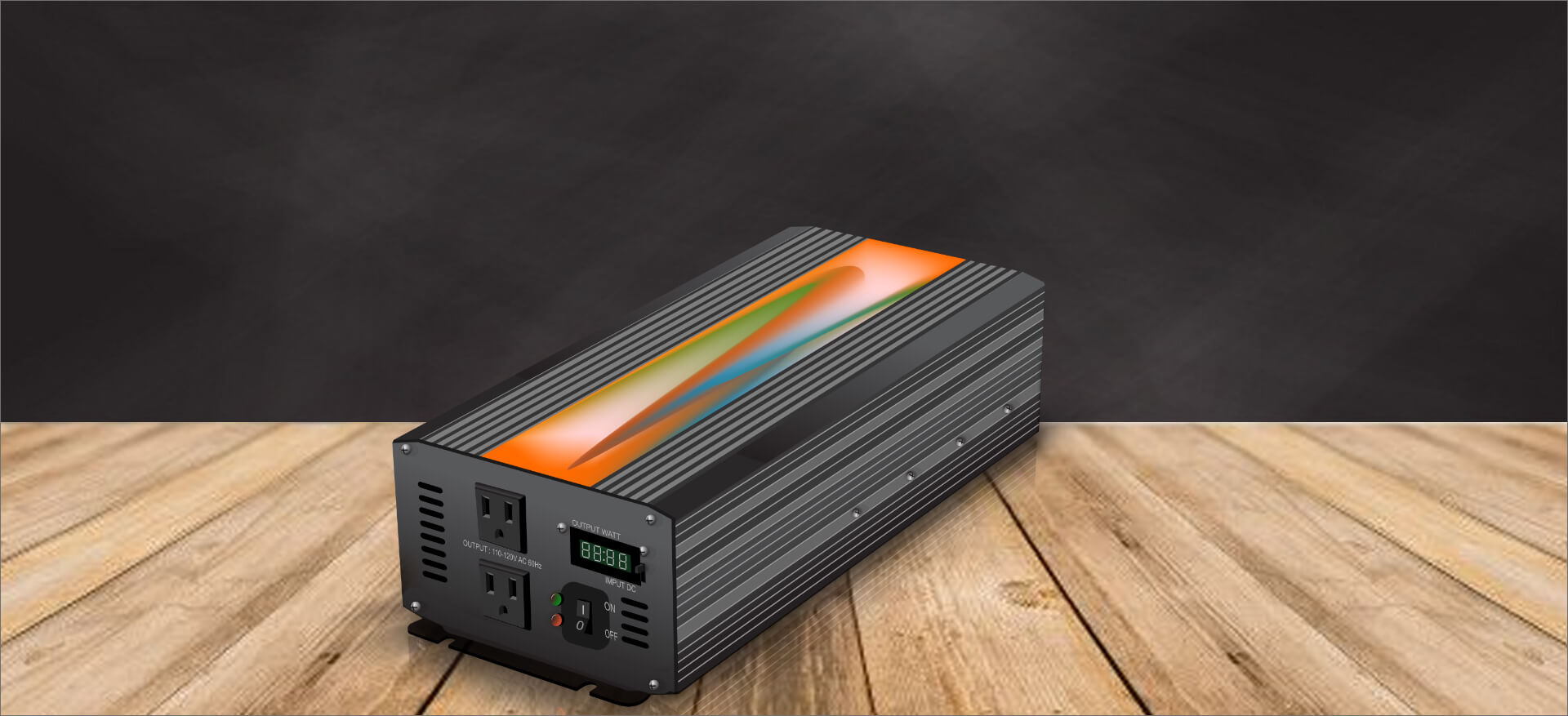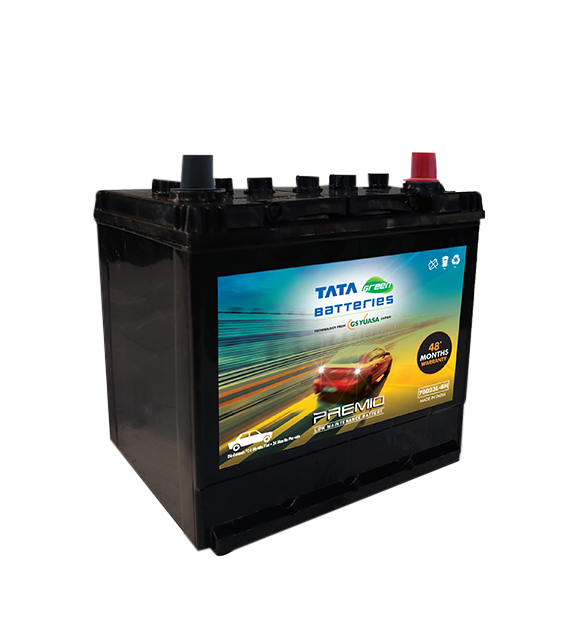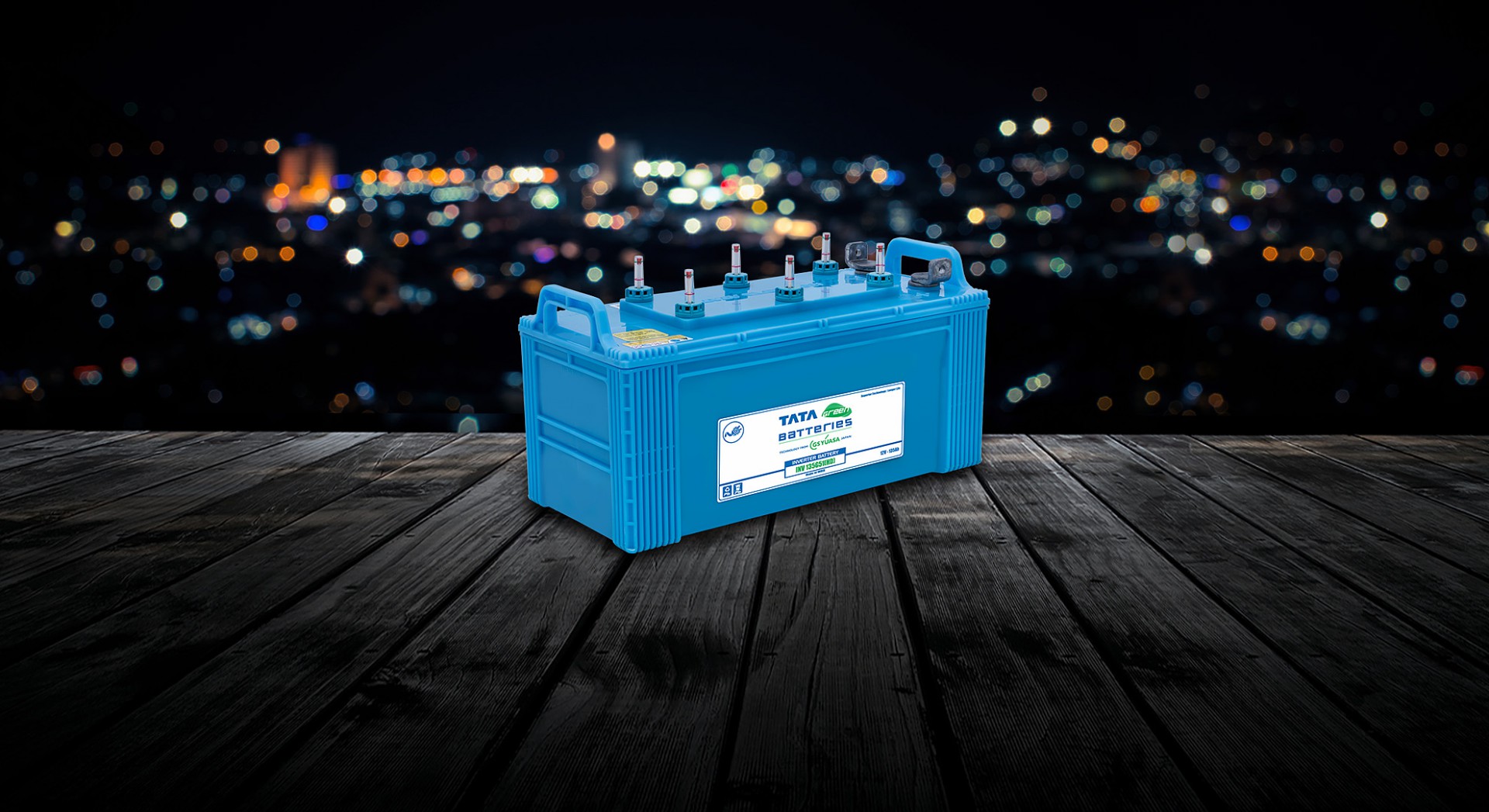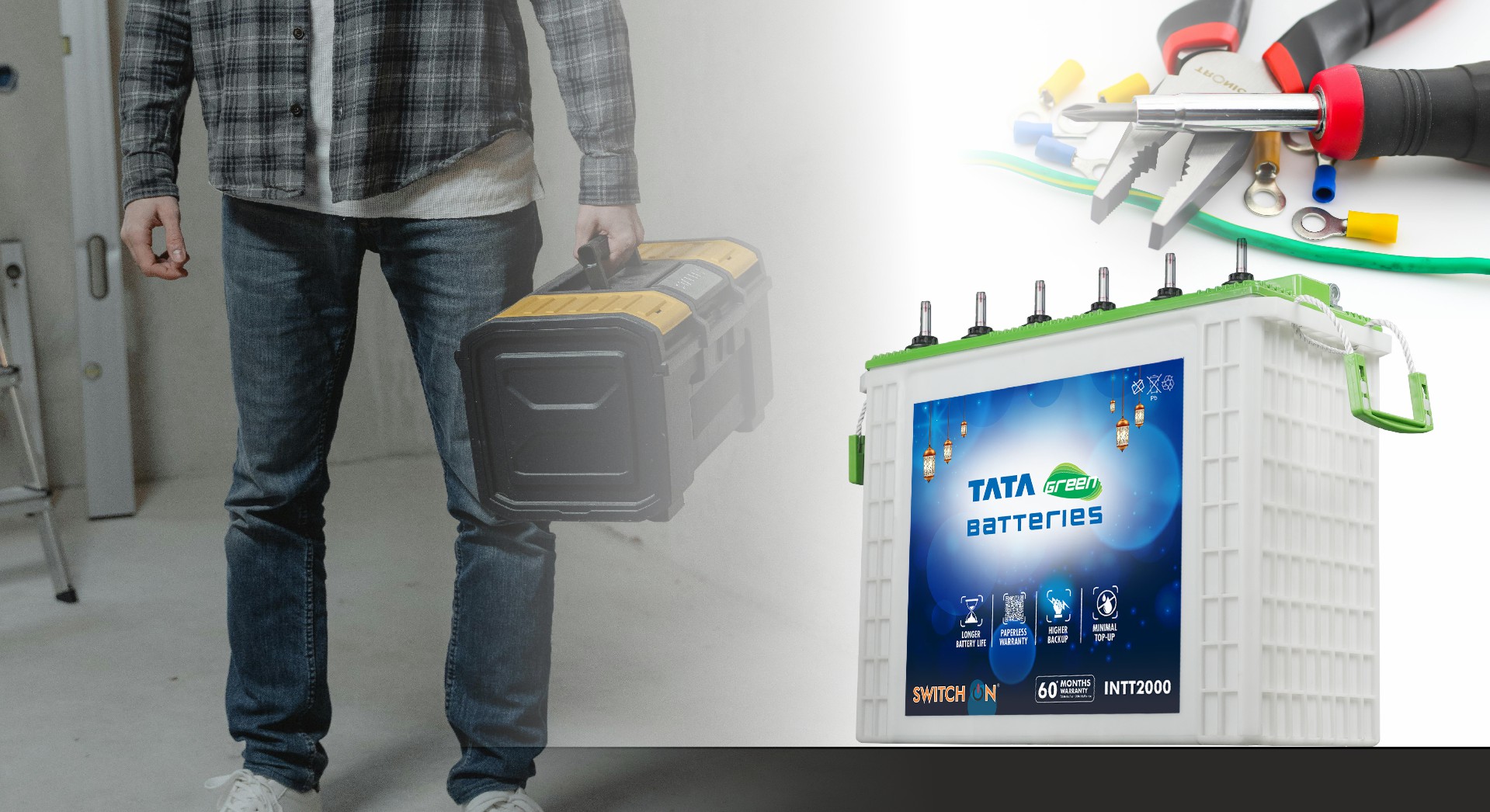Electricity has become an indispensable part of our everyday lives. You can use electricity to power many devices and appliances that make your life more comfortable and enable you to work faster. However, in India, power shortages and cuts are not uncommon. In such a situation, you may feel like your life has come to a standstill. Not to mention the frustration caused by the disruption in your work.
To counter such situations, you can utilize power backup sources, such as an inverter or a UPS (uninterrupted power supply). Many people may know or have heard of UPS and a home inverter, but they often confuse the two and sometimes use the terms interchangeably. The reality is that inverter batteries and UPS are two different types of electrical devices and serve different purposes.
In this guide, we explore the difference between UPS and inverters so that you can choose the right power backup source for your home. Read on!
What is UPS?
UPS stands for Uninterruptible Power Supply. A UPS is essentially an inverter with an added layer of functionality: it ensures zero delay in switching from the main power supply to backup during an outage.
This makes UPS systems ideal for critical applications, such as running servers, data centres, hospital equipment, and workstations. When the main power fails, a UPS instantly starts supplying power from its connected battery, preventing even a momentary interruption. That’s why corporate offices, IT infrastructure, and institutions rely heavily on UPS units.
What is an inverter?
In simpler terms, the inverter is a power supply that supplies electricity to the connected devices during a power outage. It has batteries inside it that save power, which can be used to power the appliances as required. And, one of the main functions of inverter batteries is that they convert DC (Direct Current) into AC (Alternate Current).
When there is a power cut, the inverter gets the electricity supply from the battery and supplies it to the electrical appliances/devices connected to it. Inverters are mainly used in homes and offices to retain the power supply.
The Truth About UPS vs Inverter
- Every UPS is an inverter, but not every inverter is a UPS. A UPS is essentially an inverter system with zero-transfer-time switching and additional voltage regulation features.
- Both UPS and inverters use batteries. In fact, the same battery types can be used for either system. What differs is the way the power is managed and delivered.
- The backup capacity and energy storage are not determined by whether it’s a UPS or an inverter, but by the battery size and the system’s power rating. UPS systems can be large or small. Likewise, inverters can be scaled up to run even full households.
- Battery maintenance depends on the type of battery, not whether it’s connected to a UPS or inverter. Both may require similar maintenance depending on the battery technology used.
Our Solution: An Inverter-Based UPS System
At Tata Green Batteries, we offer inverter systems with built-in UPS functionality, giving you the best of both worlds. These systems provide seamless switchover during power outages, long-lasting performance, and scalable backup solutions for both home and office use.
Whether you’re running home appliances or safeguarding sensitive equipment, our UPS systems ensure uninterrupted power, reliable performance, and peace of mind.
Conclusion
As you are a homeowner, you may be looking for a power backup option for your home, and knowing the difference between an inverter and UPS can help you make the right purchase decision. Both UPS and inverter have their own features, serve specific purposes and offer different benefits. So, you must assess your requirements carefully first before making the right purchase decision.








